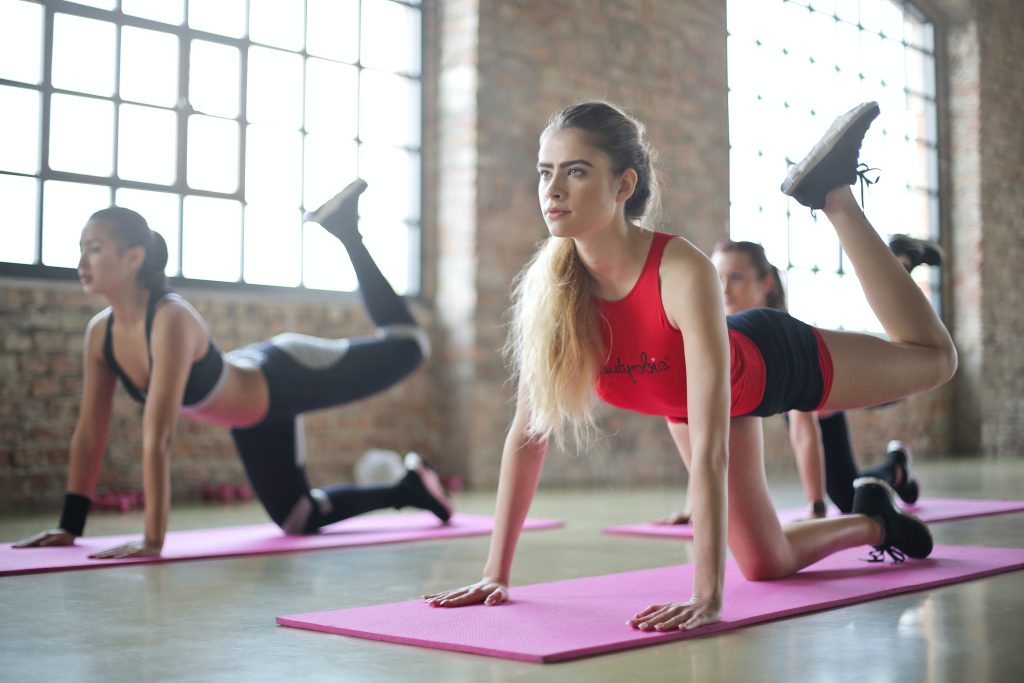In the pursuit of a healthier and more active lifestyle, it’s essential to consider not only the aesthetics of exercise but also its practical applications in our daily lives. Enter functional fitness, a dynamic approach to workouts that focuses on movements mimicking activities we perform regularly. In this article, we’ll explore the world of functional fitness, shedding light on exercises that seamlessly integrate into everyday life while offering a plethora of benefits, from enhanced mobility to injury prevention and overall well-being.
Understanding Functional Fitness:
Unlike traditional workout routines that isolate specific muscle groups, functional fitness emphasizes movements that replicate real-life activities. These exercises engage multiple muscle groups simultaneously, promoting a holistic approach to strength and mobility. The goal is to improve the body’s ability to perform daily tasks efficiently and with reduced risk of injury.

Benefits of Functional Fitness:
- Enhanced Mobility: Functional fitness exercises often involve multi-joint movements, promoting flexibility and range of motion. This increased mobility is not only beneficial for daily activities but also contributes to better posture and overall joint health.
- Prevention of Injuries: By focusing on functional movements, this type of fitness training helps address muscle imbalances and strengthens the stabilizing muscles around joints. This, in turn, reduces the risk of injuries, especially in areas like the knees, hips, and shoulders.
- Improved Core Strength: Many functional exercises engage the core muscles, leading to improved stability and balance. A strong core is crucial for maintaining proper posture and preventing back pain, both of which are vital for daily activities.
- Efficient Calorie Burn: Functional workouts often incorporate cardiovascular elements, making them effective for burning calories and improving cardiovascular health. This dual-purpose approach makes functional fitness a time-efficient option for those with busy schedules.
Functional Exercises for Everyday Life:
- Squatting: Mimicking the motion of sitting and standing, squats engage the muscles in the thighs, hips, and buttocks. They are beneficial for activities like getting in and out of chairs and lifting objects.
- Lunges: This exercise targets the muscles in the legs and buttocks, promoting balance and stability. Lunges replicate movements such as climbing stairs and stepping over obstacles.
- Push-ups: A classic upper body exercise, push-ups engage the chest, shoulders, and triceps. This movement mirrors actions like pushing open a door or getting up from the ground.
- Deadlifts: By lifting a weight from the ground to a standing position, deadlifts activate the muscles in the lower back, hips, and legs. This movement imitates picking up objects from the floor.
- Planking: Strengthening the core, planking is a valuable exercise for stability. It replicates the need for a strong core in various daily activities, from carrying groceries to maintaining balance during movement.
Conclusion:
Functional fitness is not just a trend; it’s a practical and sustainable approach to exercise that can significantly impact your overall well-being. By incorporating functional movements into your routine, you’re not only building strength and endurance but also preparing your body for the demands of everyday life. So, step away from the isolated workouts and embrace the functional fitness journey to unlock the strength and agility needed for a life well-lived.

Leave a Reply
You must be logged in to post a comment.